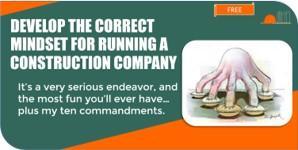There are two types of construction operations.
Each is defined by how you get out of bed in the morning.
If you get out of bed and your first business thought is which site you need to get to, you have a job.
If you get out of bed and your first business thought is how you are going to make your organization more efficient or less dependent on you, you have a business.
To succeed in your construction business:
- 1) decide what is important for you and your business to accomplish;
- 2) figure out the steps necessary to accomplish those goals; and then,
- 3) focus on only those things.
This track addresses how to think about your construction business.
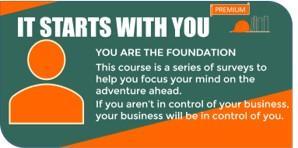
It Starts With You
(premium course)

Start a Construction Business?
Are You Ready?
(free course)
You don't just wish a construction business into existence.
There are many steps that have to be taken, the first of which is setting your company up for growth.
From there, you plan, then you organize, then you execute.
The training, worksheets, and lessons in this track can set you up for success.

Protect Your Construction Business
(free course)
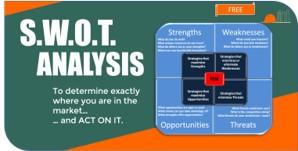
Conduct a SWOT Analysis
(free course)

Start a Construction Business?
Are You Ready?
(free course)
Knowing how to build does not mean that you know how to run a business that builds.
Learn what it takes to run a constuction business well before you start.
From "Dreaming It Up" to "Down and Dirty Survival Tactics", this is the track where you can start your education.
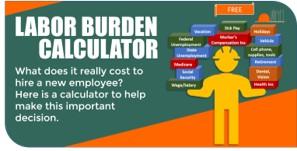
Calculate Your Real Labor Burden
(free course)

Client Agreement Samples
(premium course)
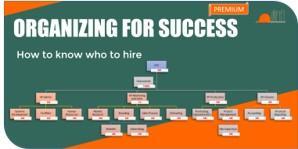
Organize Your Construction Company
for Success
(premium course)

Position Descriptions
(premium course)
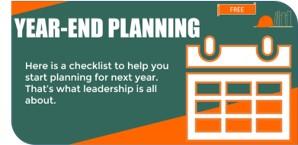
Year-End Planning for Your
Constrution Company
(premium subscription)
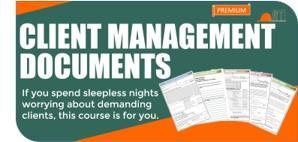
Client Management Documents
(premium subscription)
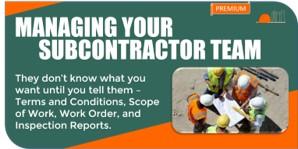
Manage Your Subcontractor Team
(premium subscription)

Conduct a SWOT Analysis
(free course)

Protect Your Construction Business
(free course)

Start a Construction Business?
Are You Ready?
(free course)
It would be nice if all you had to do was build better and/or faster and/or with more value, and everyone would become your customer.
But it doesn’t work that way.
You still have to do the hard work of building a brand and a reputation, of being first in your chosen market segment…and then constantly reminding your market who you are.
Being great isn’t enough. Your market has to believe in your greatness.
This track focuses on knowing your market, selecting the right market segment and planting your company flag there.

Conduct a SWOT Analysis
(free course)
This is the first customized document you are going to provide for a prospect.
It has to be right.
All of the effort that you have made in developing your construction knowledge, crafting the right marketing message, setting up a client-centric business, building a knowledgeable crew of subcontractors, and a hundred other tasks will mean nothing if you can’t produce a timely, comprehensive and professional estimate.
This track can teach you how to accomplish this critical goal.
Recommended:

BBOS-Estimator
(premium subscription)
Your Buyers are about to make one of the biggest financial decisions they will ever make.
You must make it easy for them to go through the process with you.
By creating a map of the steps they will be going through and explaining each step to them, you will ensure that they are comfortable with the process… and with you.
Do your buyer and your business a favor by planning out the process and being ready to answer the questions you know they are going to ask.
Keeping the client relationship steady is one of the biggest challenges you will face in your construction business. Managing client expectations is critical.
One of the first things you will learn in running a business is that, no matter how hard you work at making the client relationship run smoothly, the client-builder interface is not always friendly. Recognizing that, it is important to be prepared for the possibility of problems.
Learn how to build trust, perform exceptionally well, but most of all protect your construction business in this track.

Client Agreement Samples
(premium course)
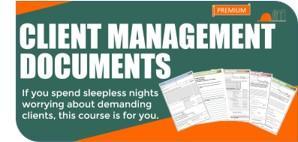
Client Management Documents
(premium subscription)

Learn to Protect Your Construction Business
(free course)
Do you ever just scratch your head and wonder if your subcontractors/employees and you are even speaking the same language?
Discover what it takes to get and keep everyone on the same quality and performance track.
Learn what it means to grow yourself out of a job in this track.

Calculate Your Real Labor Burden
(free course)

Learn to Protect Your Construction Business
(free course)

Manage Your Subcontractor Team
(premium subscription)

Organize Your Construction Company
for Success
(premium course)

Position Descriptions
(premium course)
Management of the activities at the job-site is, of course, critical to construction business success.
For most of us, it is where we actually cut our construction teeth.
Believe it or not, that is a problem.
The urge to “just do it myself” constantly gets in the way of running your construction business like a business.
The business-oriented approach to job-site production is to develop a system, a method, an action plan for doing the work that must be done on a job-site, delegate that work…and then direct the performance.
Learn how to get out of your own way in this track.
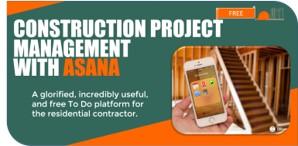
Construction Project Management
With Asana
(free course)

Template for Construction Project
Management With Asana
(premium course)

Manage Your Subcontractor Team
(premium subscription)
Success in your Construction Business requires that you have a method to measure historical financial performance and to plan for your financial future.
Accounting provides such a method.
Further, you will use the historical numbers to make your future numbers more accurate. Using reliable numbers to generate new proposals and estimates can help you avoid under-bidding a job (and losing money) or over-bidding a job (and losing work).
Neither outcome is sustainable.
In this track, learn how to speak the language of accounting.
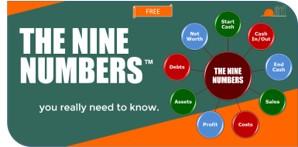
The Nine Numbers™
(free course)
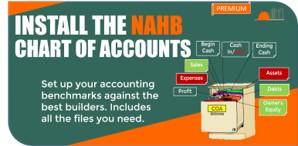
Install The Chart of Accounts
Based On the NAHB Model
(premium course)
Finance takes the information generated in the accounting phase and provides critical decision-making capability.
From ratio-analysis to decision-modeling, this section is where you learn to look into the future based on where your business has been in the past.
You’ll take the good and the bad performances of the past and learn from them to develop early-warning systems for future performance.
Learn to use the accounting numbers to become a better financial manager in this track.

Calculate Your Real Labor Burden
(free course)

The Nine Numbers™
(free course)

Install The Chart of Accounts
Based On the NAHB Model
(premium course)
